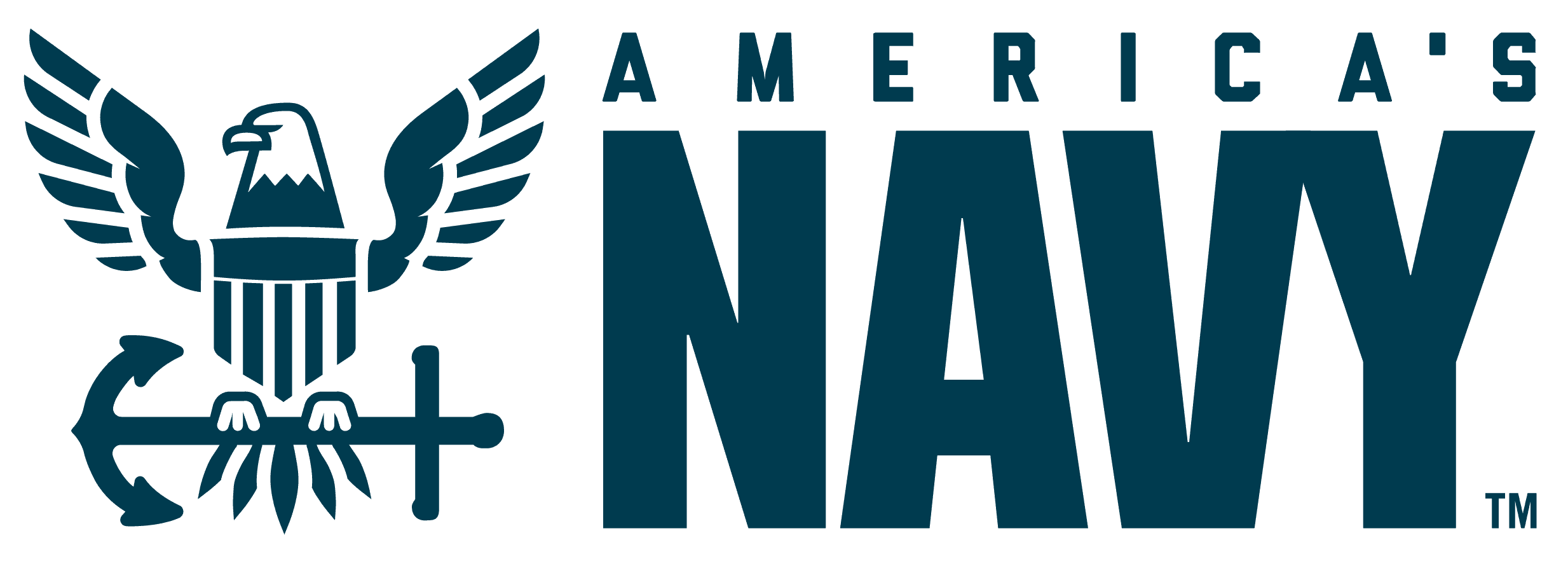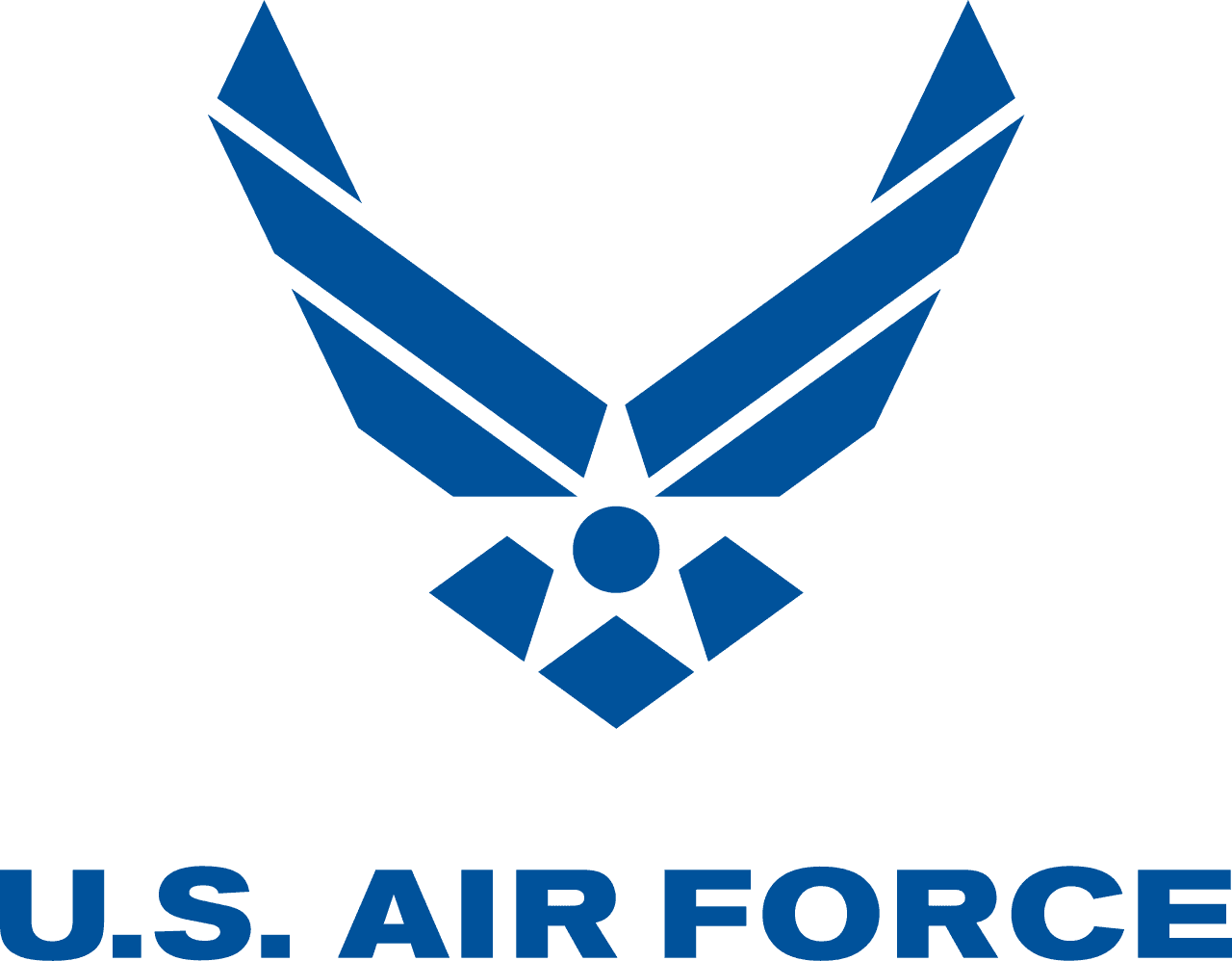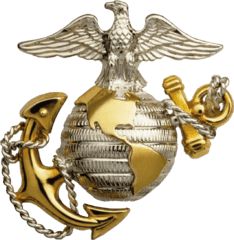Military Non-Destructive Testers
Overview
What are the responsibilities of this role?
Non-destructive testers find the smallest imperfections and take necessary corrective measures to keep the Military's equipment working safely. They utilize everything from x-rays to ultrasound to perform the job.
What is the work environment like?
Non-destructive testers work indoors in laboratories and aircraft hangars. They also work outdoors in shipyards and in the field.
How many people have this role in the Military?
30,712
Compensation
Understanding How Military Pay is More Than Just a Salary
Base pay is the standard income you’ll earn as a service member, providing a stable foundation to start achieving your financial goals.
- Always fixed based on rank and service time.
- Distributed monthly.
What is the typical salary range?
$51,039
$69,446
$87,640
Military Details
What Service Branches offer this role?
Is this a staff or leadership role?
What does the training for this role entail?
All enlisted service members complete basic military training, which includes time spent in a classroom and in the field, and covers tactical and survival skills, physical training, military life and customs, and weapons training. Non-destructive testers in the Military will gain skills through classroom study and on-the-job experience. Job-specific training may include:
- Methods for inspecting parts and welds
- Operation of X-ray and film processing equipment
- Operation of ultrasonic test equipment
- Preparation of test reports
Education
What level of education do professionals in this role have?
Which college majors best prepare you for this role?
- Composite Materials Technology/Technician
- Heating, Ventilation, Air Conditioning and Refrigeration Engineering Technology/Technician
- Architectural Engineering Technologies/Technicians
- Welding Engineering Technology/Technician
- Solar Energy Technology/Technician
- Mining Technology/Technician
- Hydraulics and Fluid Power Technology/Technician
- Energy Systems Technology/Technician
- Power Plant Technology/Technician
- Computer Engineering Technology/Technician
- Computer/Computer Systems Technology/Technician
- Nuclear Engineering Technology/Technician
- Metallurgical Technology/Technician
- Biomedical Technology/Technician
- Packaging Science
- Marine Engineering Technology/Technician
- Plastics and Polymer Engineering Technology/Technician
- Computer Software Technology/Technician
- Engineering Acoustics
- Operational Oceanography
- Undersea Warfare
- Laser and Optical Technology/Technician
- Audio Engineering Technology/Technician
- Computer Engineering Technologies/Technicians, Other
- Environmental Control Technologies/Technicians, Other
- Wind Energy Technology/Technician
- Chemical Engineering Technology/Technician
- Applied Engineering Technologies/Technicians
- Energy Systems Technologies/Technicians, Other
- Computer Hardware Technology/Technician
Learn About How Military Can Pay for 100% of your College Degree
Skills and Interests
What knowledge is essential to bring to the table?
- Engineering and Technology
- Education and Training
- Computers and Electronics
- Mathematics
- Physics
What personality traits help people thrive in this role?
You love hands-on work and solving practical problems — like fixing things and building stuff.
You love figuring out how things work and researching subjects that interest you.
You like structure, staying organized, and working with systems to get things done efficiently.
RIASEC represents six broad interest areas—Realistic, Investigative, Artistic, Social, Enterprising and Conventional—helping individuals identify careers that match their skills and preferences.
Take the RIASEC TestData supplied by Bureau of Labor Statistics, National Center of Education Statistics, Defense Manpower Data Center (View our update schedule). Contact any business, college or military service branch to answer additional questions.



